Innovation is often conceptualized as taking place in ‘open space’, as though the work starts from a tabula rasa...


Innovation is often conceptualized as taking place in ‘open space’, as though the work starts from a tabula rasa...
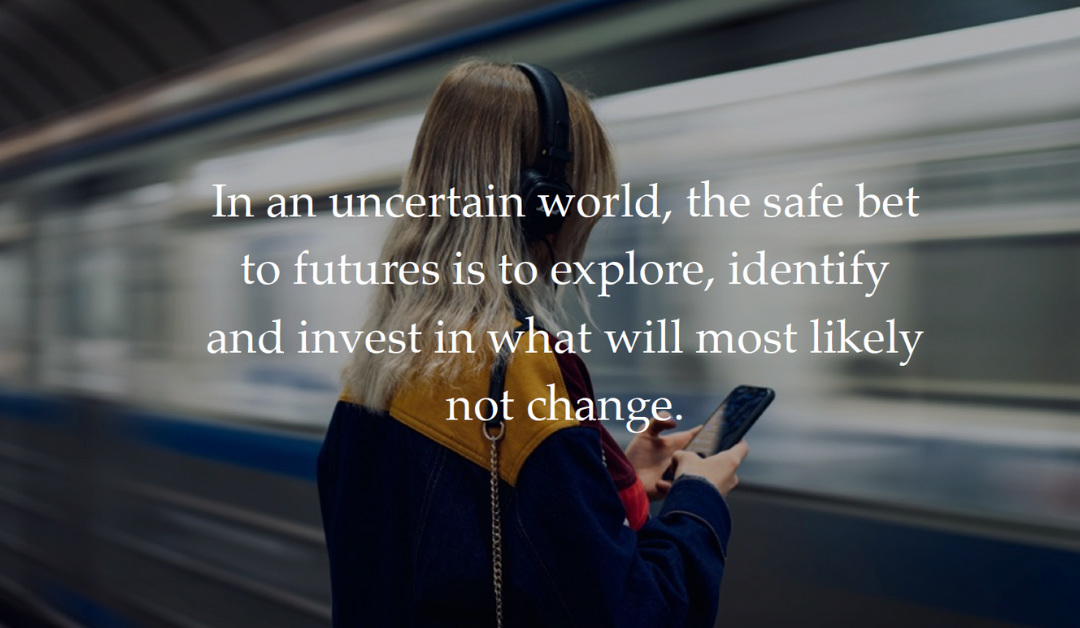
Ethnographers operating in the future-focused context of business consultancy face a core challenge. Our approach is holistic and human-centric, “based on the researcher sharing time and space with the people he or she wants to understand, establishing relationships with them and thereby...
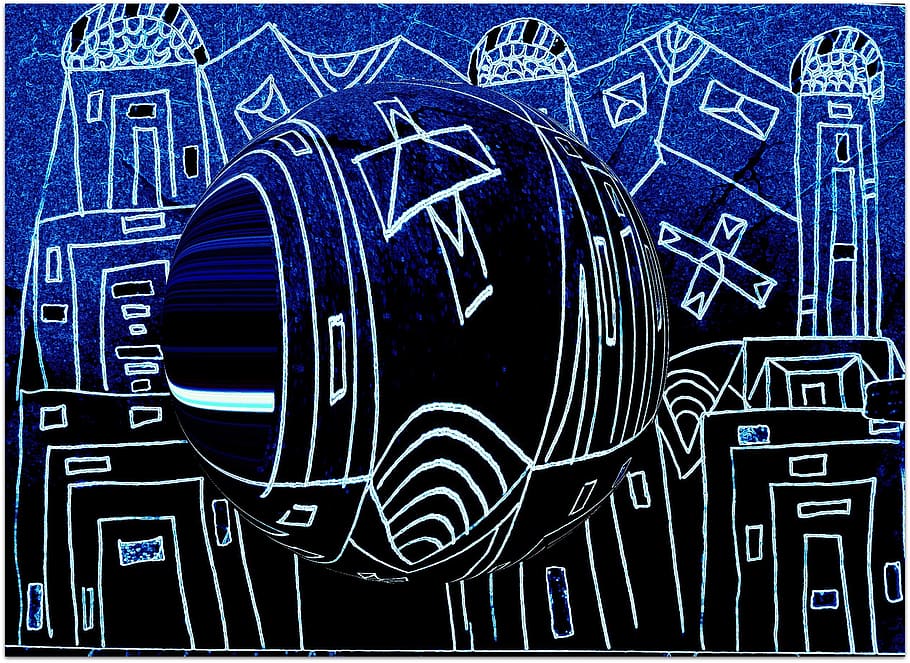
At the beginning of the pandemic, I was pretty sure I was done. I had been a qualitative researcher and brand consultant for 25 years. I had spent the past decade building my practice around an approach that centered contextual and imaginative face-to-face research. I called it brand listening,...
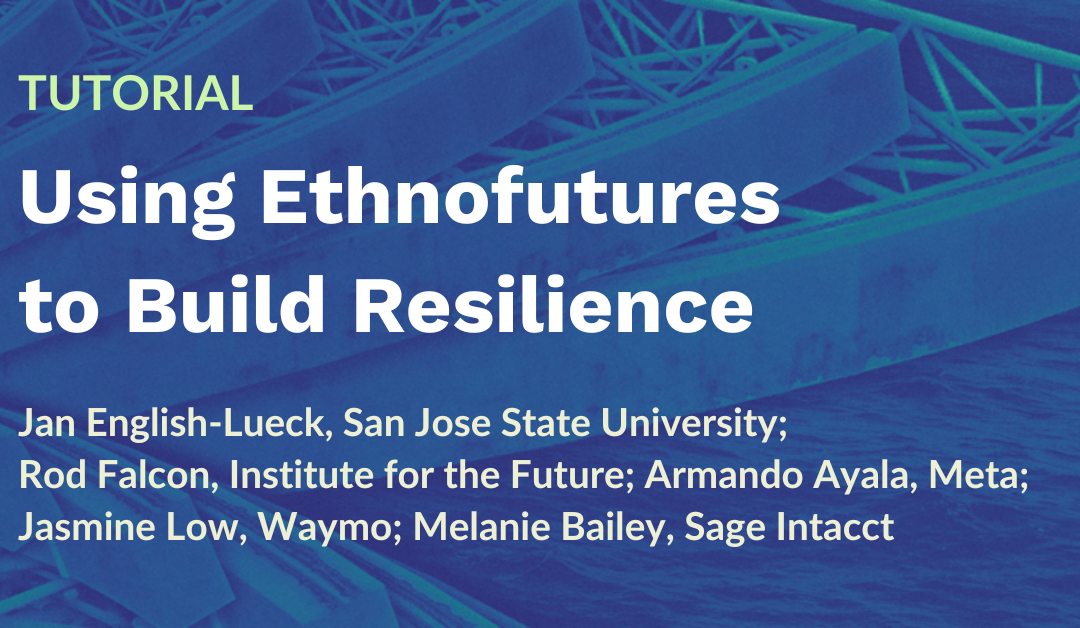
Pre-session Homework This video was created to watch prior to the main tutorial video. You can also review the additional resources below to go deeper! https://youtu.be/wfmoJ4VmMVk Download Article: Future Readiness Playbook...

In this article, the chairs of EPIC2021 reflect on the idea of Anticipation, and what ethnography reveals to us that may not be readily apparent through other means. Looking backward at the year of planning a conference that was to be focused on the future, the authors describe various revelations...
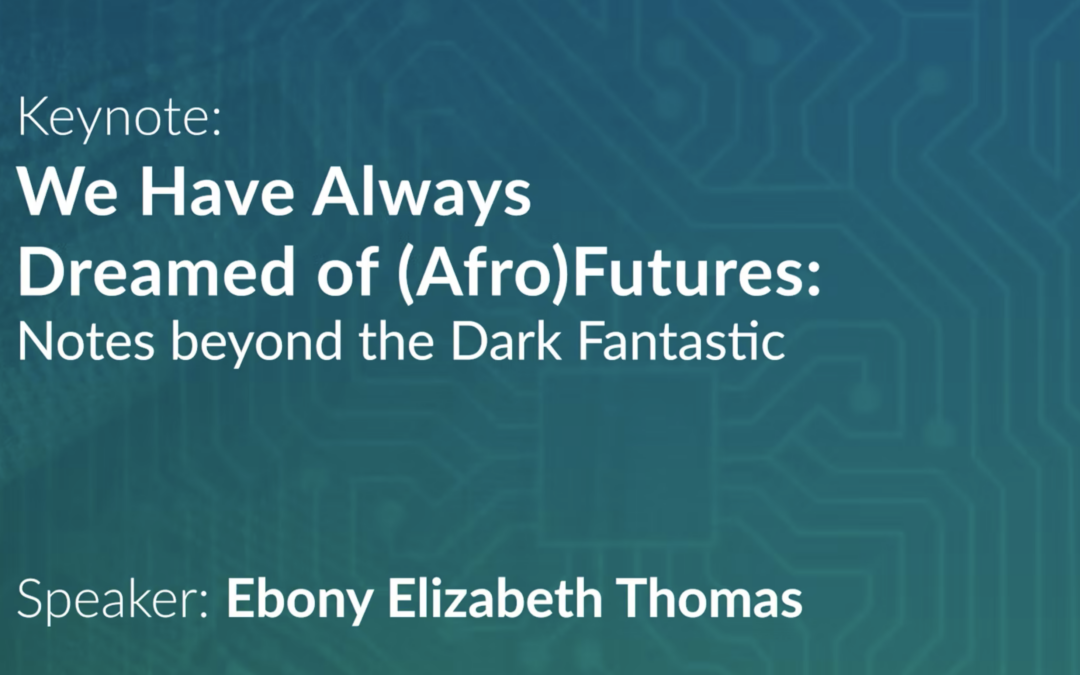
Ebony Elizabeth Thomas is Associate Professor in Educational Studies at the University of Michigan. She studies how people of color are portrayed, or not portrayed, in children’s and young adult literature, and how those portrayals shape our culture. As children’s and young adult literary empires...
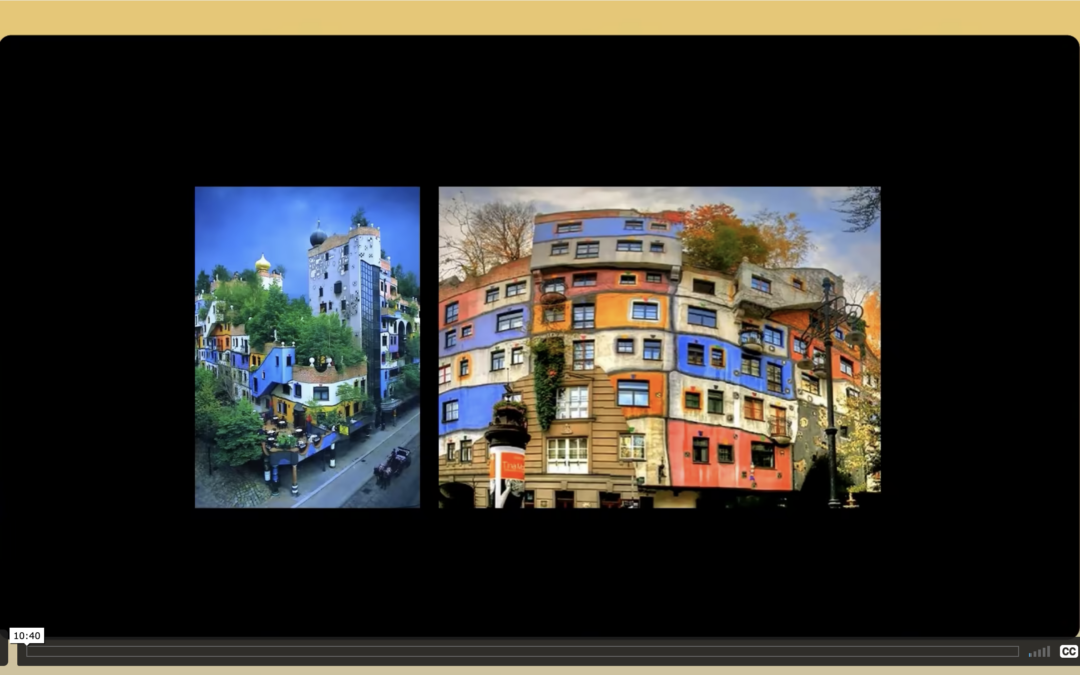
“The future” cannot be “predicted,” but “preferred futures” can and should be envisioned, invented, implemented, continuously evaluated, revised, and re-envisioned. —Jim Dator, Hawaii, 1995 This paper introduces a framework called Target Worlds, with which I hope to offer an alternative to putting...
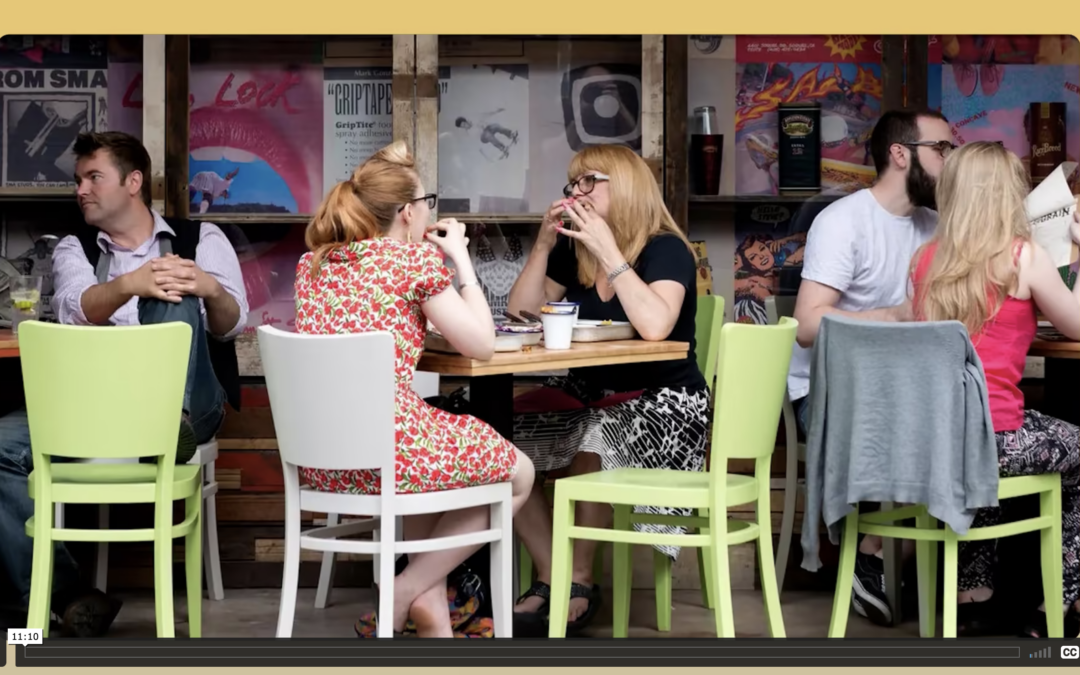
Our practices of research, design, and strategy create landscapes of possibility. Anticipation, an approach that has informed much of the recent ethnographic work on the future, is shaped by how these symbolic and material landscapes, and the forms of agency they make possible, are distributed....
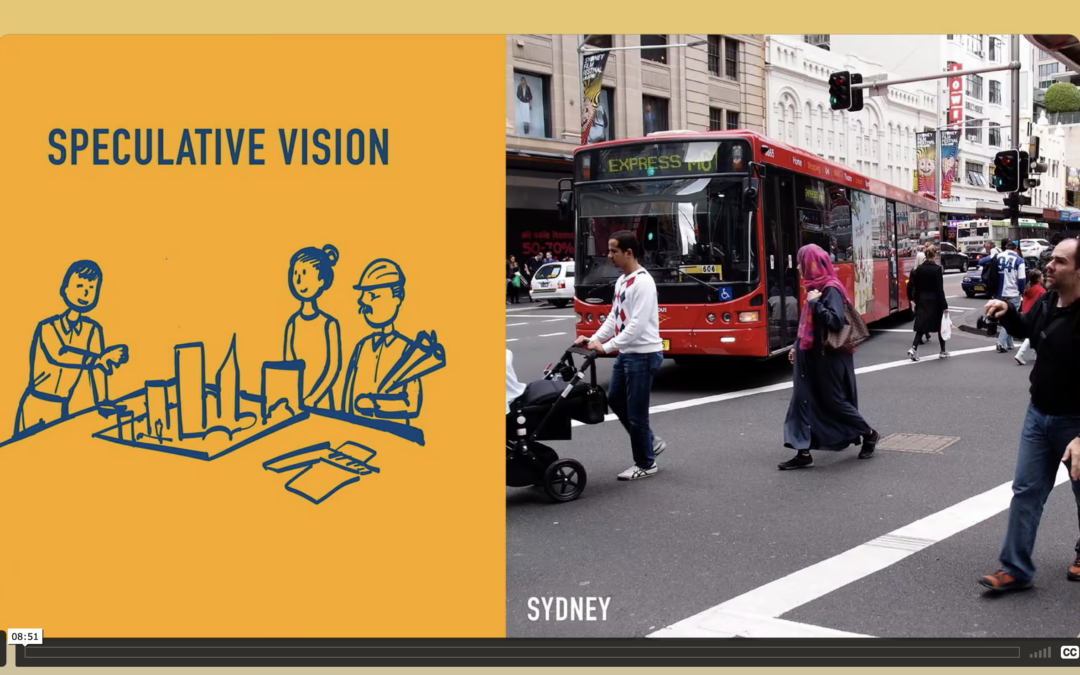
In the last decade, Future Studies have developed a very important corpus of theory and methods aimed to analyze the future of cities. Meanwhile the world is confronted with major challenges like climate change, global pandemics, migration, inequality and poverty, government agencies, professional...
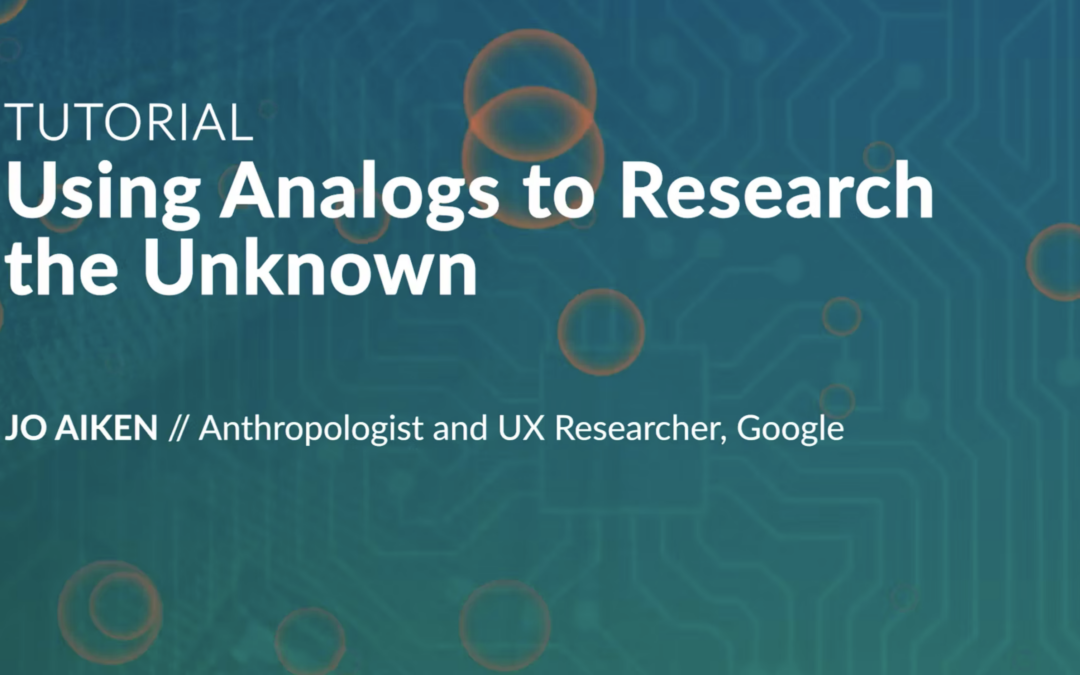
Learn strategies to design research of inaccessible or future environments. Overview Ethnographers seek insights by studying people in their natural environments. What if the thing you are designing will not be...